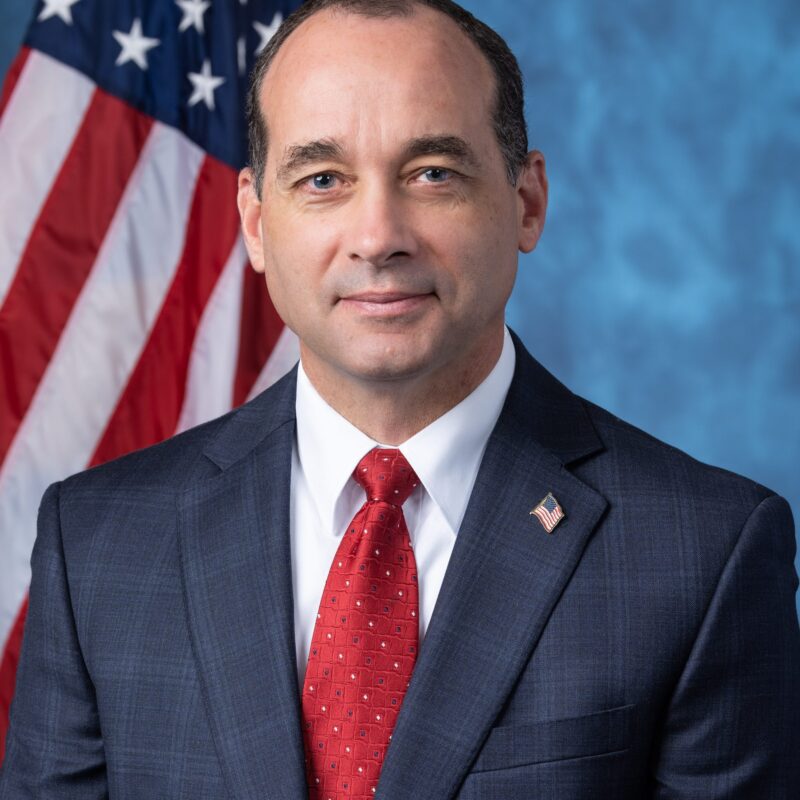As age advances, memory declines. Old news? Perhaps, but a recent UVA study suggests that the issue may not be quite so simple. The study, “I misremember it well: Why older adults are unreliable eyewitnesses,” finds that older adults are not only more error-prone when remembering details—they are also extremely confident of their mistaken recollections.
“Several studies have already examined situations in which people are susceptible to making memory errors,” says Chad Dodson, assistant professor of psychology at UVA and lead researcher of the study. “What’s novel about our study is that we’re wondering whether older people’s high-confidence errors are just byproducts of their worse memory overall or whether there’s some other mechanism contributing.”
 "I’m sure he’s the one, officer," says the old man, but a UVA study suggests the elderly are most confident when they’re most wrong. |
To investigate this, Dodson attempted to replicate a weakened elderly memory within a younger population by testing a group of young adults on their recollection of a video after a two-day delay. This group’s results were compared to those of younger and older adult groups under immediate-recall conditions.
The delayed youths and their immediate-recall elders made a comparable number of errors; however, younger adults were much less confident in their responses. Older participants, on the other hand, exhibited the most confidence when they were the most inaccurate.
This misplaced confidence has critical courtroom implications. Eyewitness misidentification accounts for 75 percent of verdicts overturned by DNA testing and is the most prominent cause for wrongful conviction in the United States, according to the Innocence Project (www.innocenceproject.org), which works to overturn unjust convictions.
Dodson acknowledged the potential judicial significance of his findings, but he says the incorporation of these studies into the legal setting may be a bit premature. “This is only a first step,” he says. “It’s key to see if these studies would generalize into situations that are a little more realistic.”
C-VILLE welcomes news tips from readers. Send them to news@c-ville.com.





